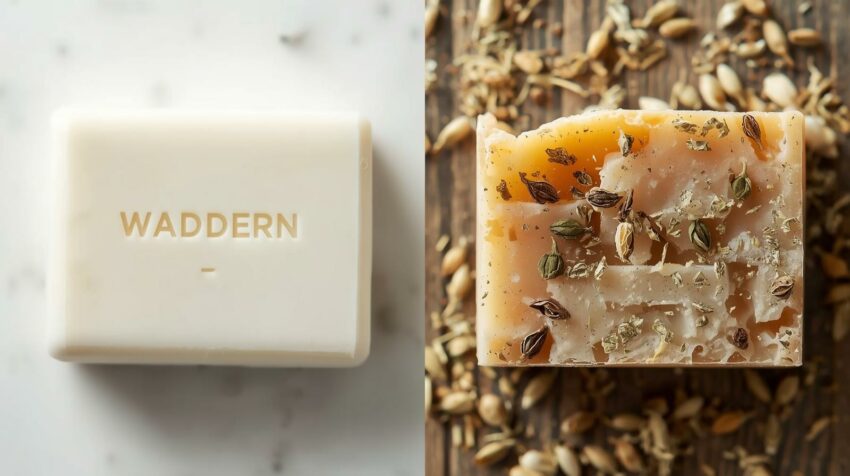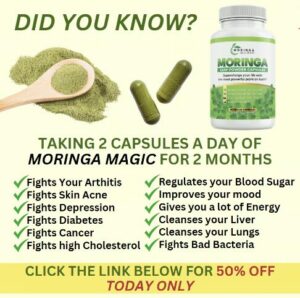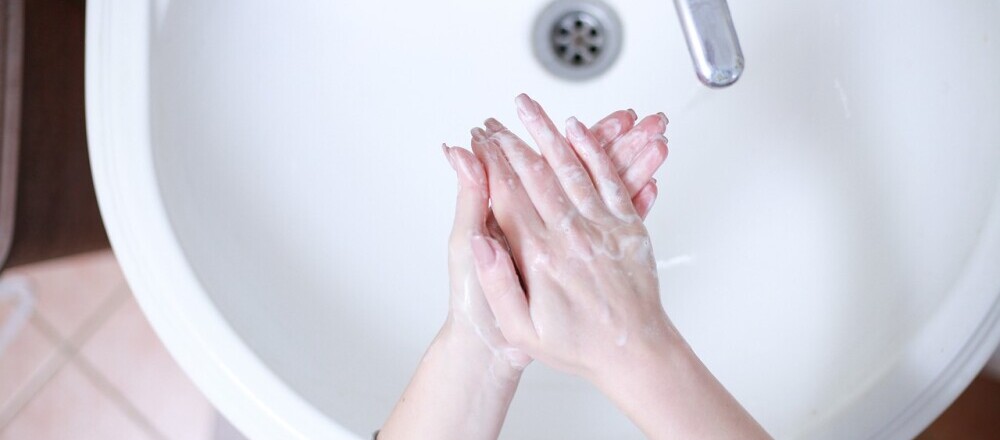
Have you ever wondered what gets packed into your soap bar? It’s like a trip through a mini chem lab! Regarding soap, the main players in the game are fats, oils, and all kinds of lye. The dance between these ingredients kickstarts a process called saponification, which is basically the scientific way of saying ‘We just made soap’.
Now, let’s break it down a bit. Commercial soaps are often built on a foundation of synthetic detergents. Think of those as the tough guys – they can get the job done, sometimes a little too well, by stripping off all the good oils along with the bad. It often includes preservatives and fragrances to create long-lasting scents and shelf lives.
Natural soaps take a different track. They’re like that friend who’s into artisanal and organic stuff. These soaps rely on elements like coconut oil, olive oil, and shea butter. These beauties bring moisturizing love to your skin, without the extras that you can’t pronounce.
So why care about what’s inside? Well, it all boils down to skin health and how these elements react to your skin. Soap might seem like a simple thing, but the wrong mix could mean dryness or irritation. Knowing what you’re washing with can make all the difference in keeping your skin happy and healthy.
Composition Analysis: Commercial Soap Vs. Natural Soap
Getting to know what’s in your soap can feel like cracking a secret code. Commercial soaps are like that efficient multitasker, including a whole bunch of additives and synthetics. We’re talking preservatives, synthetic fragrances, and little extras like parabens or sulfates. While they keep things smelling fresh and extend shelf life, they can be a tad too much for sensitive skin types.
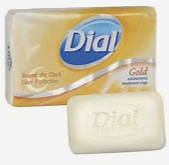
Natural soaps tend to play it cool with simple recipes rooted in nature. Picture stuff like lavender, peppermint, or tea tree oil adding aroma without overpowering your senses. Add to that cocoa butter, shea butter, and other nourishing ingredients that love your skin the right way.
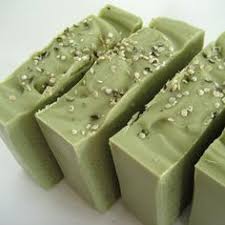
The ingredients game doesn’t just stop at what’s added for fragrance or moisture. It also involves what’s not included — those extra chemicals that can sometimes make your skin feel like it’s been through the wringer.
When it comes to maintaining healthy skin, being informed about these ingredients can help you avoid irritants or allergens, sticking to what suits your needs best. It’s about tuning into your skin and making decisions that give you that fresh, clean feel without any side effects.
So when you’re strolling down that soap aisle, remember it’s not just about picking a nice scent. It’s worth checking out what’s under the label. The right soap can be your skin’s best mate, offering care that matches your unique vibe.
Benefits of Natural Soaps: Embracing Nature’s Goodness
Natural soaps bring a touch of simplicity and purity to your skincare routine. They’re like that reliable friend who always shows up with your favorite comfort food. Made with ingredients that your skin recognizes and loves, these soaps are gentle enough even for the most sensitive skin types. They tend to avoid the irritants found in synthetic fragrances and colorants, promoting a healthier skincare experience.
Beyond skincare, natural soaps shine in their eco-friendly production. Many are handcrafted by skilled artisans who take pride in sustainable sourcing and earth-conscious processes. This means you’re not just treating your skin well; you’re also giving a nod to the planet.
Those prone to allergies often find relief in natural soaps, as they tend to be free from common allergy triggers. If you ever struggled with that little red bump showing up because of your soap, swapping to something natural might ease your worries.
Choosing these soaps also means supporting local and small businesses that put heart and craftsmanship into every bar. It offers an opportunity to enjoy products that are unique and packed with personal touch, as opposed to mass-produced items.
When you’re thinking about what’s best for your skin, natural soaps really make their case by providing a wholesome, trustworthy option that connects beauty with well-being.
Making the Right Choice: What You Should Consider
Navigating the soap aisle can sometimes feel like being at a crossroads, but it doesn’t have to be overwhelming. The right option boils down to understanding what your skin loves. Start by taking a good look at your skin type. Is it dry, sensitive, or maybe a mix? Knowing this will guide you towards choices that align with your skin’s needs.
Consider flipping that soap package over to get cozy with the ingredient list. Look for certifications that signal safety and ethical production like organic, cruelty-free, or fair trade. Labels can be your best buddy in ensuring the product aligns with your values.
Balancing cost without compromising on quality is the sweet spot. While natural soaps can be a bit pricier, they often offer better skin benefits and peace of mind knowing you’re supporting practices that care for the earth.
Finally, the decision ultimately sits in your hands. Think about what elements are non-negotiable for you – whether it’s eco-friendliness, skin health, or supporting local artisans. The best soap is one that not only cleans but also makes you feel good inside and out.
There you have it – armed with these insights, making the choice between natural and commercial soap becomes a personal journey rather than a chore. It’s about finding what works for you and leaves your skin feeling fresh and cared for.
Click on this link to learn more about Moringa Magic
© 2024 – 2025, Tes. All rights reserved.
